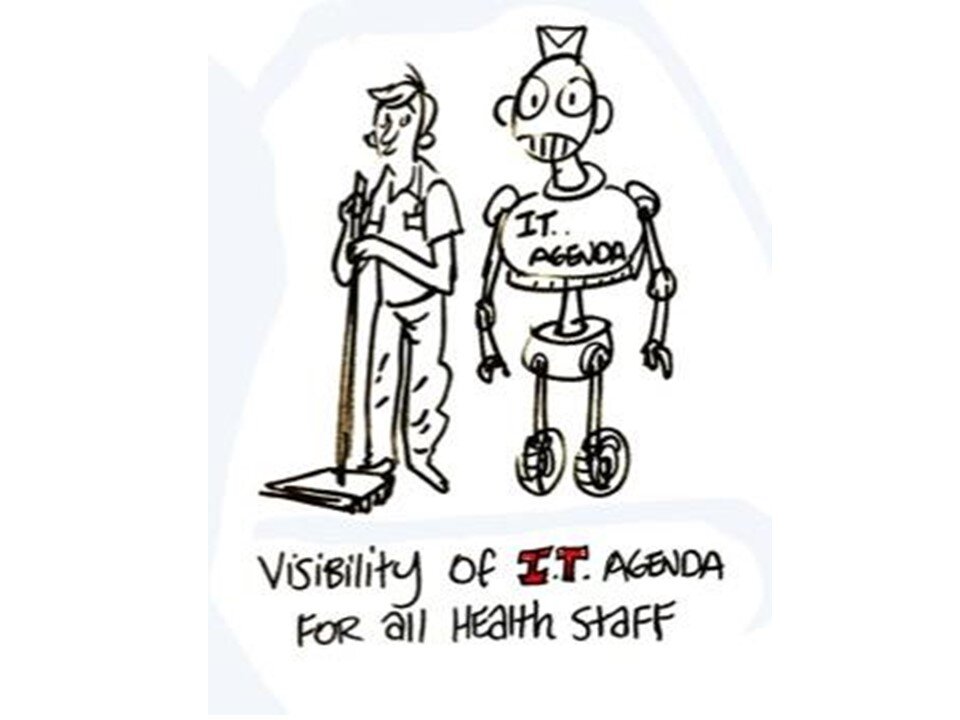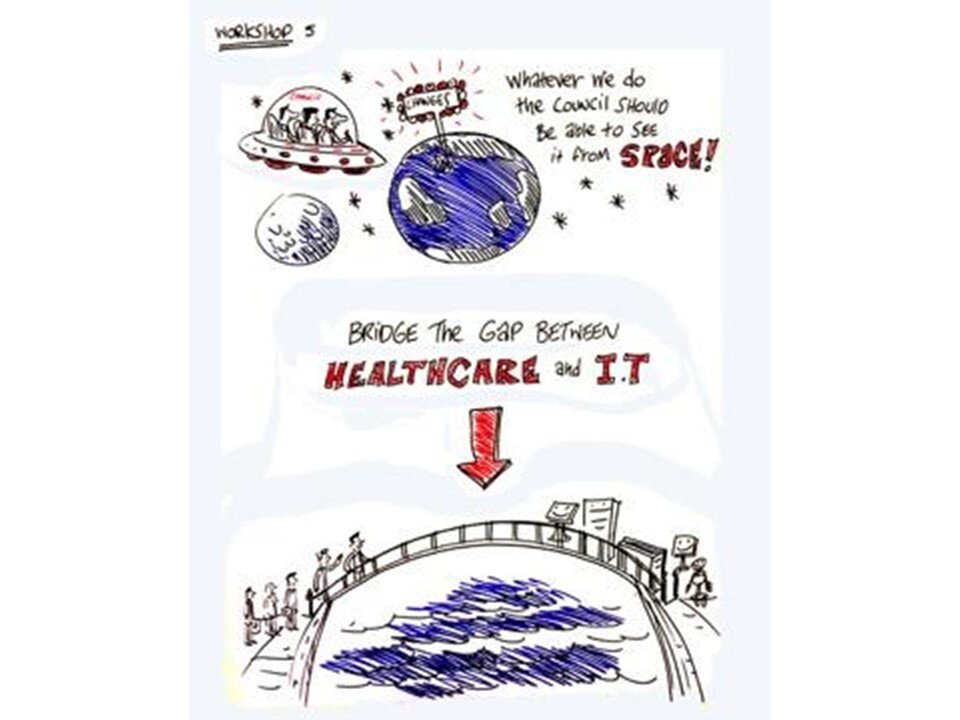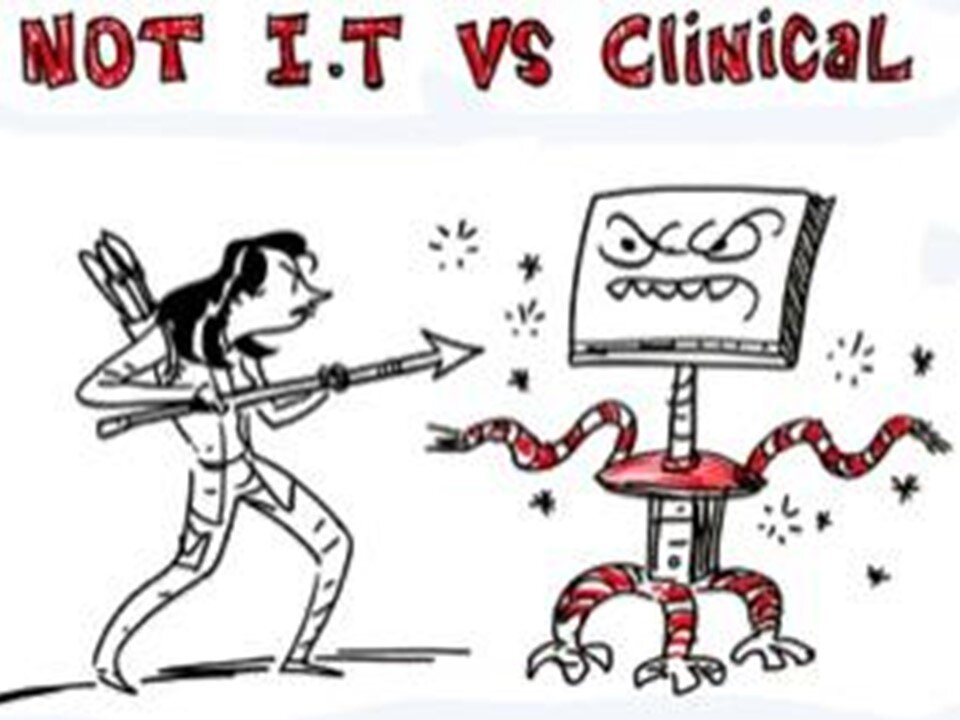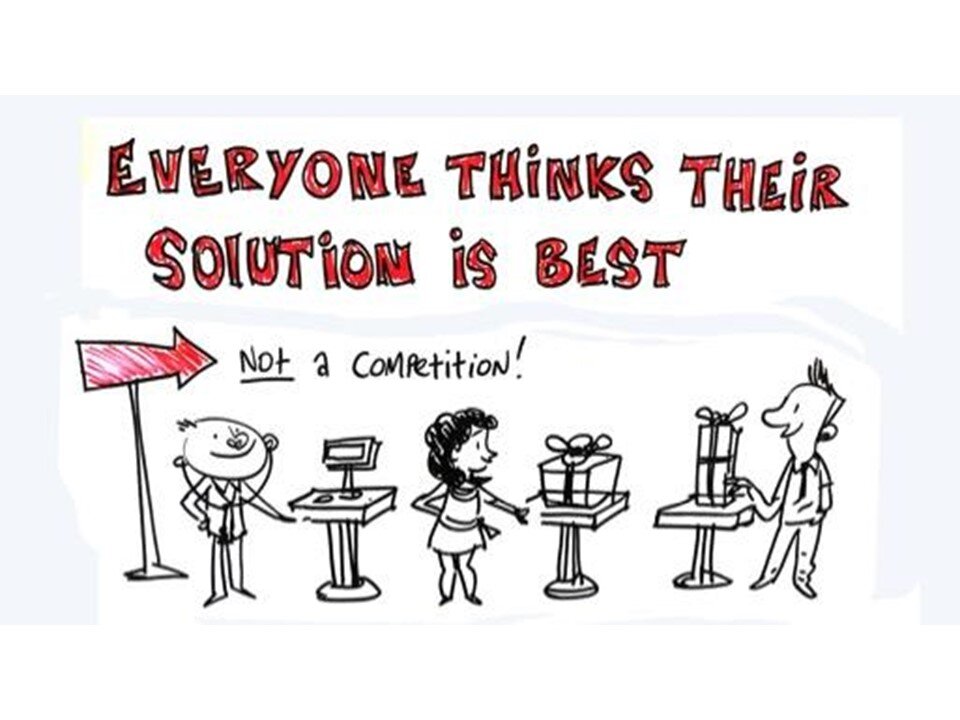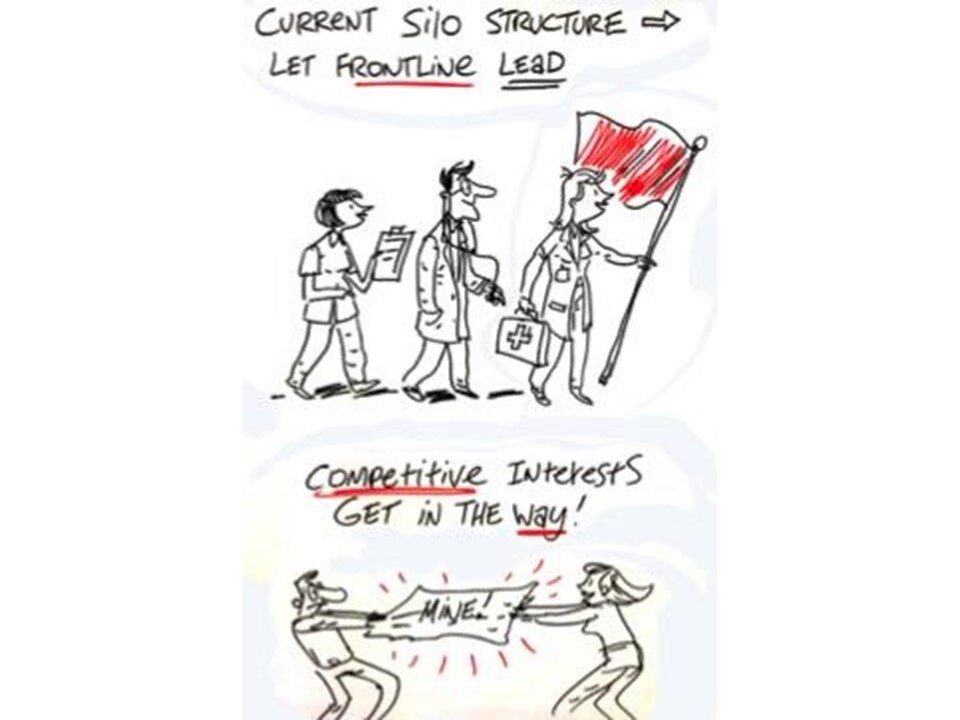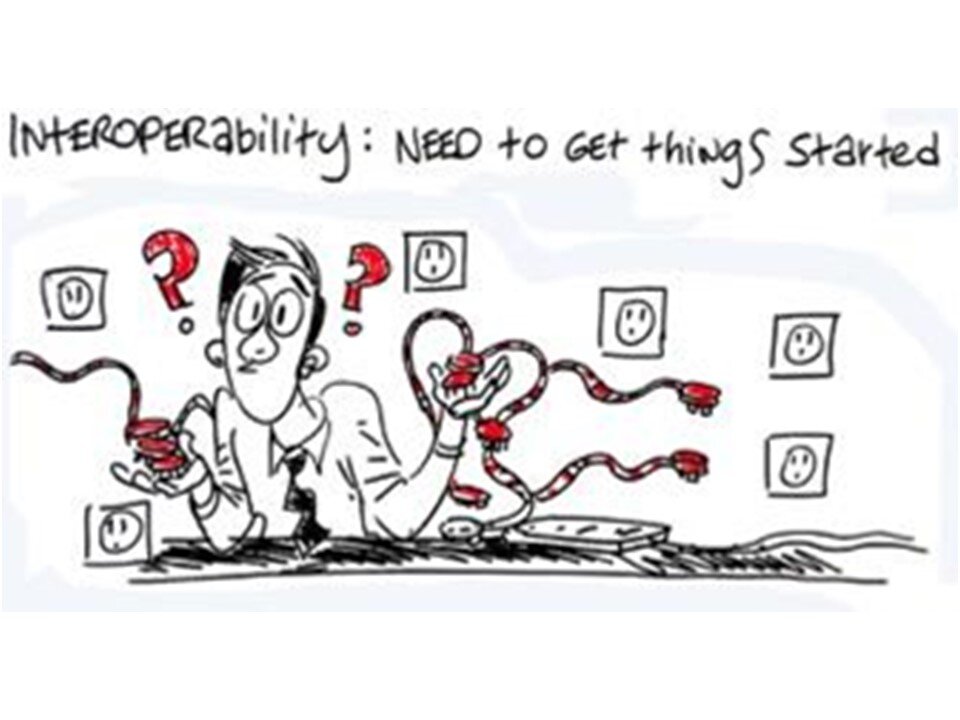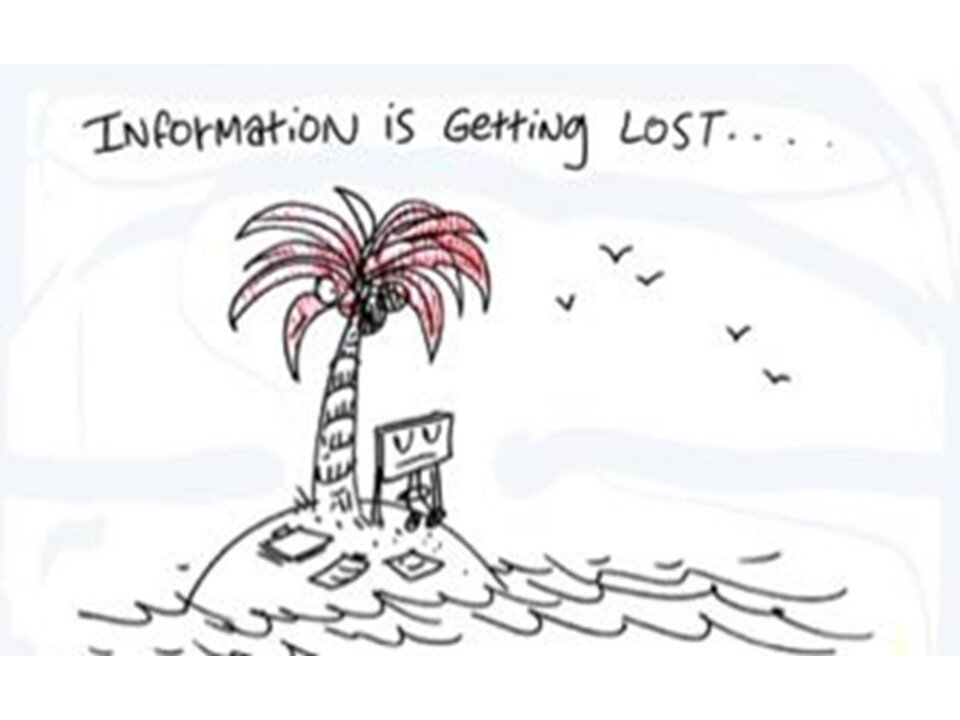Irish Health Service Executive
Technology Enabled Care
IN SUMMARY
SK worked with the Irish Health Service Executive (HSE) and the Council of CCIOs to co-create a three-year digital strategy to help transform technology-enabled care in Ireland. Using the SK Socialnomics framework, we ran a rapid design sprint. This involved work with the leadership to understand the context, challenges, and ambitions, together with wider research among clinicians and CCIOs.
Having identified the challenges, we brought together leaders from HSE and the Council for a dynamic, interactive and inspiring one-day co-creation and re-imagination event which unlocked the collective wisdom of Ireland’s national network of clinicians to devise a strategy and recommendations that would enable them to support Technology Enabled Care in Ireland.
WHAT WE DID
A rapid design sprint and ambitious one-day co-creation and re-imagination event which unlocked the collective wisdom of Ireland’s national network of clinicians and CCIOs to design the strategy and recommendations for technology to transform healthcare in Ireland. OUTCOME: A system-wide plan for HSE and the Office of the CCIO and The Council of CCIOs to not only collaborate but deliver Technology Enabled Care in Ireland together with buy-in from clinicians to take it forward.
THE AMBITION
SK was commissioned by the Irish Health Service Executive (HSE) and the Office of the Chief Clinical Information Officer (CCIO), the lead clinician responsible for patient data and technology across Ireland, to design a strategy and vision to support Technology Enabled Care in Ireland. Specifically, we needed to provide a vision and plan for how this would be delivered in collaboration with the Office of the CCIO and the Council of CCIOs.
THE CHALLENGE
SK had one day to bring together leaders from the Irish Health Service Executive (HSE) with 90 Chief Clinical Information Officers to:
Bring everyone up to date on progress and national priorities and
Co-design: a three-year strategy, define the purpose and priorities for CCIOs and agree on actions and establish a commitment to deliver the final plan.
The understanding, insight and preparation for the co-creation were key. At the heart of this was making the most of one day which brought together leaders and CCIOs from across Ireland.





WHAT WE DID
The SK team combined sector expertise and design thinking experts to conduct research and understand the core challenges. This was used to underpin the engagement with the Council of CCIOs and key stakeholders, and to deliver a rapid design sprint which included a dynamic one-day “Reimagine” co-creation event, attended by system leaders and 45 clinicians from across the country, to co-design the strategy and way forward.
Through this process, we identified key learning and developed road maps of how these learnings could be turned into action to deliver effective change. For example, we took learnings and ideas developed during our co-creation workshop to establish key areas for strategic development and clear actions to make this happen, from developing innovation to clear pathways for how national priorities could be established.
WHAT WAS SPECIAL
We brought clinicians across Ireland together for the first time to co-create a strategy for Technology Enabled Care. This achieved their full buy-in and resulted in a clear action plan for delivery and locked significant commitment and social energy to make it possible.
The Council of CCIOs is a diverse group, many were self-nominated. The result was an extraordinarily high level of commitment, skills, and ability to deliver change in challenging environments.
CONTEXT
Adoption of these digital strategies requires a holistic and flexible strategy that is supported and understood by everyone involved.
HSE needed to build and enhance the adoption and wider implementation of Technology Enabled Care, as essential for enabling Ireland to deliver modern, safe, and high-quality care. This meant establishing a system supported by a community of experts and clinical champions, through the Council of CCIOs, to support change, join-up key services and to embed technology and electronic care records as pillars for success.
In meeting this challenge, the Council of CCIOs represented a diverse set of skills and knowledge which was not fully understood or maximised across the system. The group, while connected, had not specifically designed a national strategy for how they would support the Irish national healthcare agenda and operate as a cohesive group.
Understanding how to build clarity of roles, leverage skills, build on and mobilise this group was essential in achieving an effective strategy for technology-enabled care.
The Council of CCIOs in Ireland was unique, in that the role of CCIO had not been formalised throughout the health system.
Despite this, a growing number of clinicians had developed a powerful and talented network of clinicians committed to the delivery of technology-enabled care – CCIOs.
METHODOLOGIES & TOOLS
HSE Ireland and the Office of the Office of the CCIO turned to SK for our track-record and experience of working with the NHS and clinicians on the design, adoption and spread of technology. Our skills and experience of working at policy level combined with co-design and clinical collaboration which was essential to involving the Council of CCIOs.
The team: We assembled a bespoke and expert design team including our lead clinical expert, Dr Mark Davis, a GP and previous Executive Director of NHS Health and Social Care Information Centre, with substantial experience of designing and delivering Technology Enabled Care strategy as a clinician and leader.
We used: Socialnomics & sprint methodology for the overall project together with both quantitive and qualitative research. The co-creation and re-imagination event combined: design thinking, with world cafe and deliberative techniques, appreciative enquiry, creative and projective techniques to future plan and completion techniques to agree and prioritise recommendations.
THE PEOPLE ENGAGED
We engaged clinicians across Ireland, as well as the HSE leadership team and Office of the Chief Clinical Information Officer.
The Social Kinetic did an incredible job. They took a complex agenda, gave us clarity and in one day designed a plan and roadmap that was owned by our CCIOs. Everyone left inspired, fired-up and connected.
- Yvonne Goff, Chief Clinical Information Officer, HSE Ireland
THE OUTCOME
We co-created a clear vision and plan for how HSE and the Office of the CCIO and The Council of CCIOs could not only collaborate but deliver Technology Enabled Care in Ireland. The results of our co-creation workshop and engagement of CCIOs exceeded expectations. Deep engagement with the CCIO community built clarity, cohesion, and a shared purpose. This engagement, culminating in our co-creation workshop, left this critical community for the first time feeling energised, informed, and committed to supporting the national and local agendas.
We delivered the Office of the CCIO a clear and detailed system-wide plan and strategy with full buy-in of national clinicians to take forward. This included:
A three-year strategy, vision, and plan, with clearly defined priorities, including strategic priorities for the establishment of a National Programme Board to set structure and governance.
Clear recommendations for the respective roles and infrastructure between the office of the CCIO and the Council of the CCIOs, ensuring effective implementation.
A National Stakeholder and Partnership Alliance.
Clear identification of how the Council of CCIOs would work together in practice to support the strategy and roll-out, through:
Delivering expertise and guidance
Advocacy
Networks and connectivity across the system – including the bridging between National and Local leaders, champions, and governance
The creation of a connection hub and platform
Skills development and a patient strategy to engage them in the design and development of digital programmes










